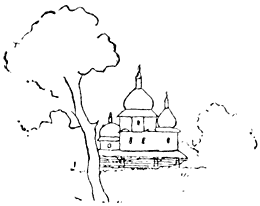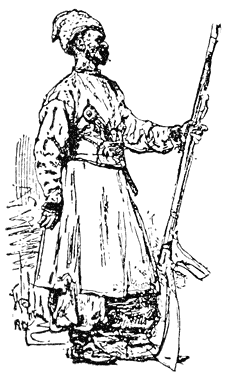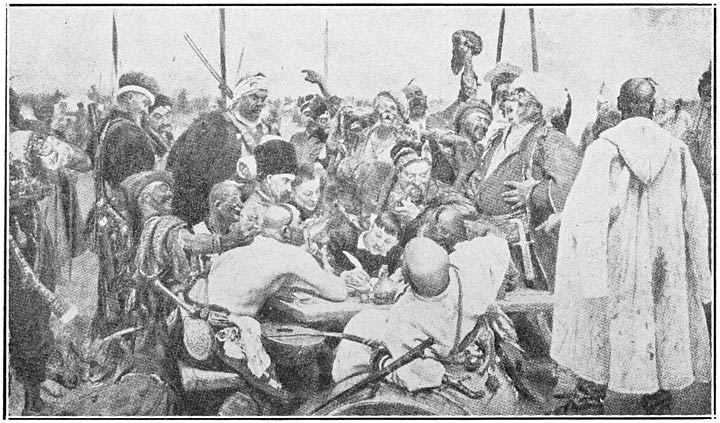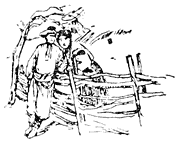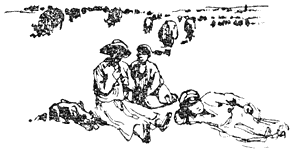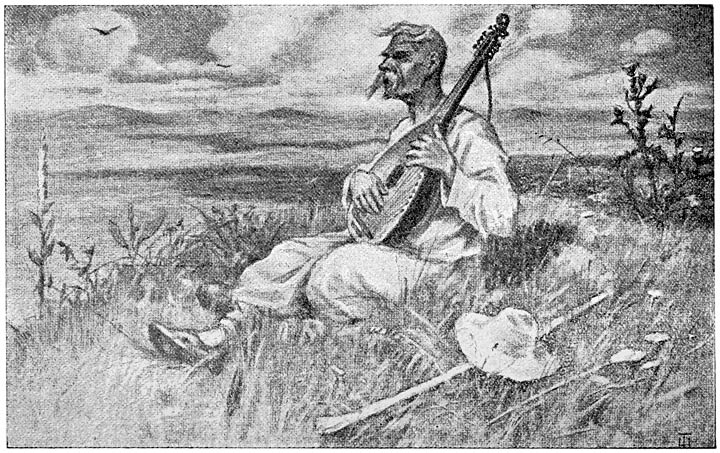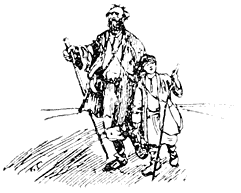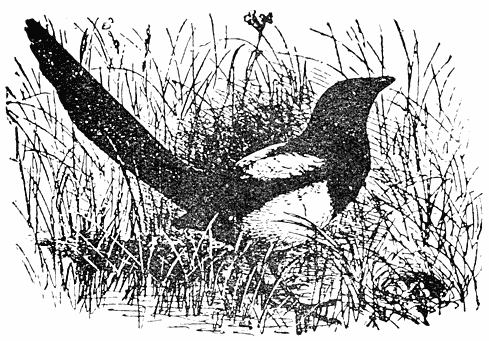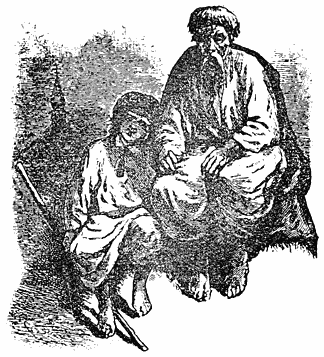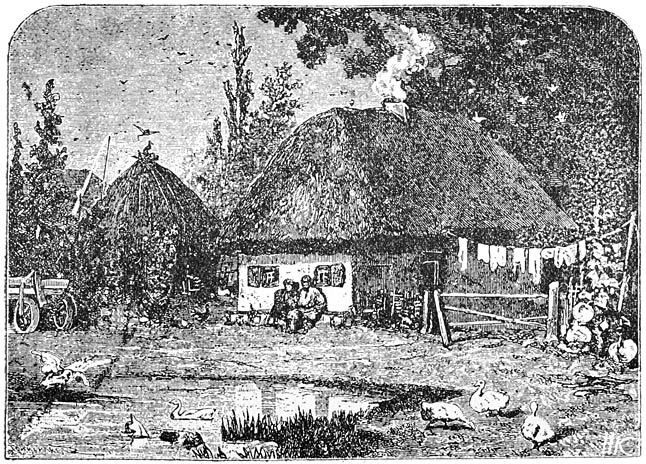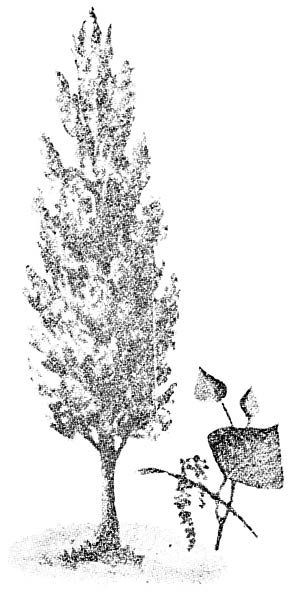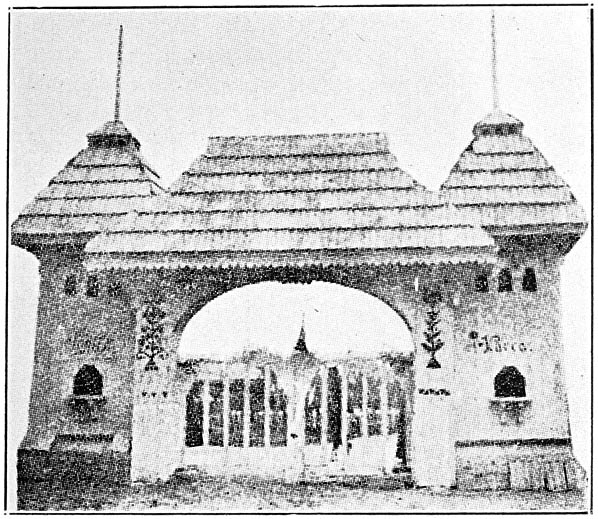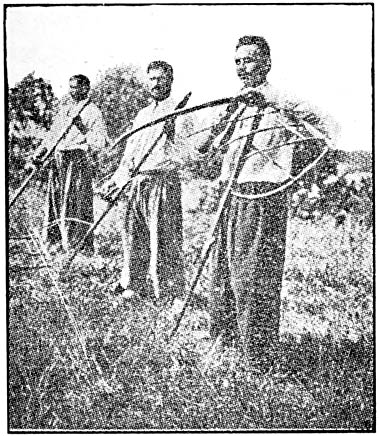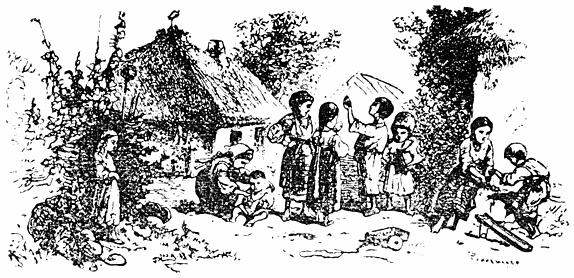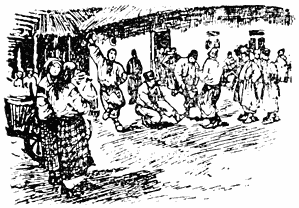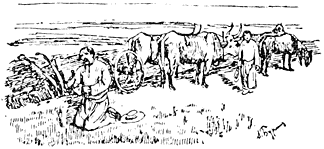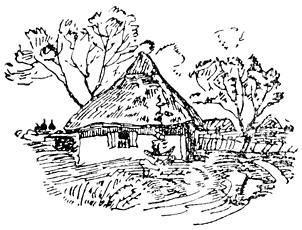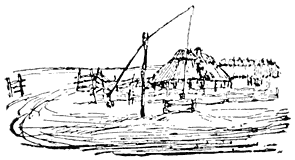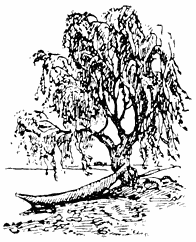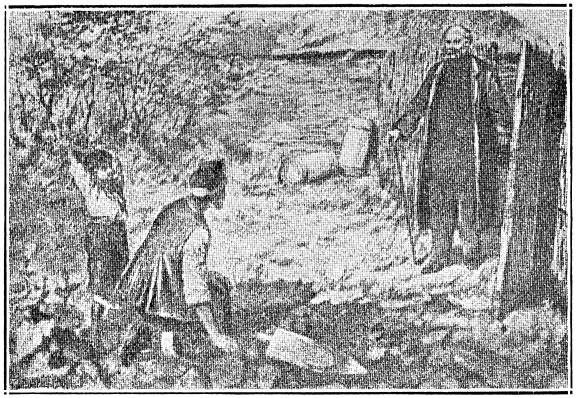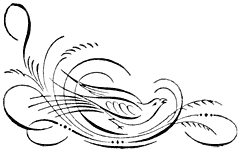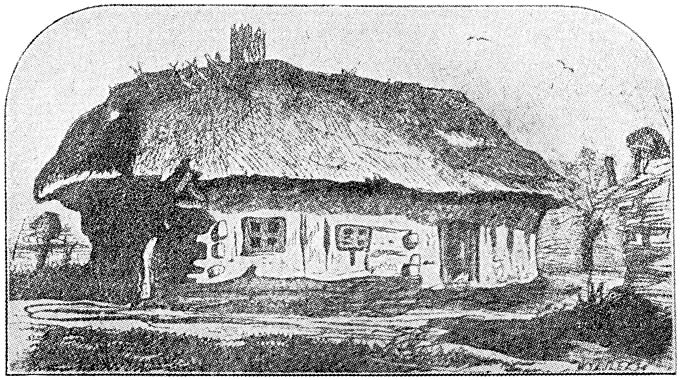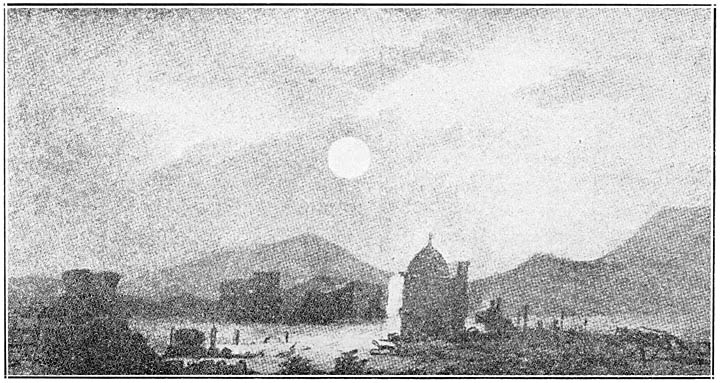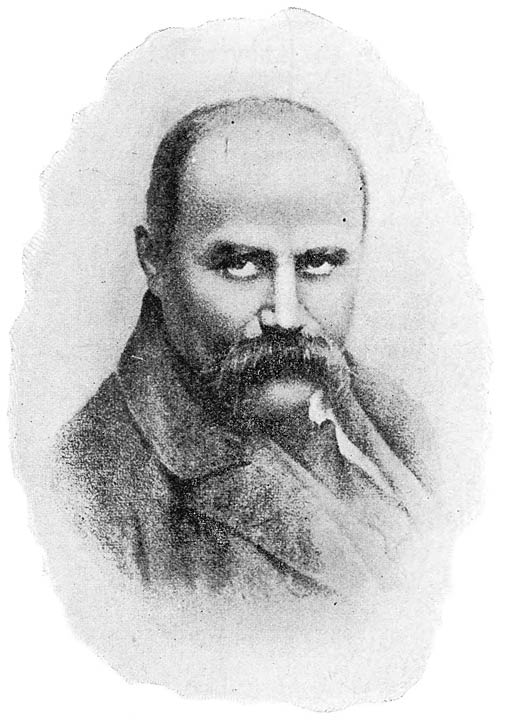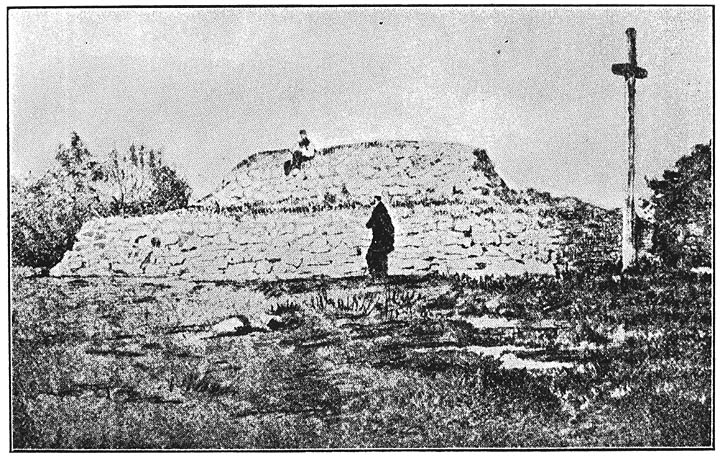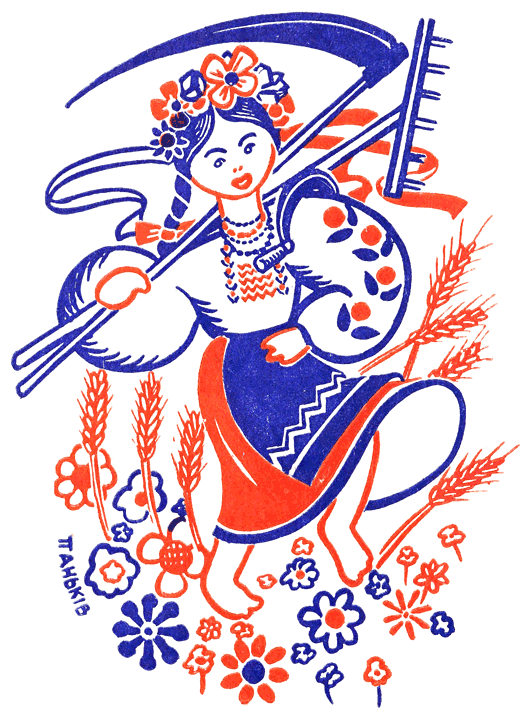

Published by Dr. A. J. Hunter,
Teulon, Man.
[4]
Contents
Page
POEMS.
BALLADS:
| The Monk | 13 | |||||||
| Hamaleia | 21 | |||||||
| The Night of Taras | 30 | |||||||
TALE:
| Naimechka; or The Servant | 39 | |||||||
SOCIAL AND POLITICAL POETRY:
| Caucasus | 68 | |||||||
| To the Dead | 81 | |||||||
| A Dream | 96 | |||||||
| The Bondwoman’s Dream | 106 | |||||||
| To the Makers of Sentimental Idyls | 109 | |||||||
POEMS OF EXILE:
| A Poem of Exile | 114 | |||||||
| Memories of Freedom | 120 | |||||||
| Memories of an Exile | 123 | |||||||
| Death of the Soul | 124 | |||||||
| Hymn of Exile | 126 | |||||||
RELIGIOUS POEMS:
| On the 11th Psalm | 130 | |||||||
| Prayers | 132 | |||||||
EARLY POEMS:
| Mighty Wind | 136 | |||||||
| The Water Fairy | 138 | |||||||
HUMOROUS AND SATIRICAL:
| Hymn of the Nuns | 140 | |||||||
| To the Goddess of Fame | 141 | |||||||
[6]
PREDICTION AND FAREWELL:
| Iconoclasm | 143 | |||||||
| My Testament | 144 | |||||||
BIOGRAPHICAL FRAGMENTS.
| Who Was Taras Shevchenko | 11 | |||||||
| The Cossacks | 19 | |||||||
| Kobzars | 29 | |||||||
| The Forming of a Life | 36 | |||||||
| A Father’s Legacy | 67 | |||||||
| The Meaning of Serfdom | 79 | |||||||
| Freedom and Friends | 94 | |||||||
| A Triumphal March | 103 | |||||||
| Autocrat Versus Poet | 112 | |||||||
| Siberian Exile | 118 | |||||||
| Returning Home | 127 | |||||||
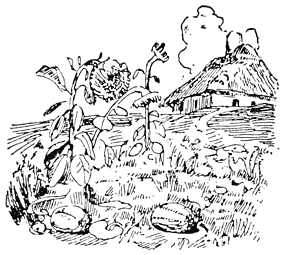
[7]
Illustrations
The decorations and illustrations in this book are meant to show something of Ukrainian art.
The artistic instincts of the peasant women find satisfaction largely in the working of embroidery, each district having its own characteristic types of design.
One of Shevchenko’s favorite fancies was to compare his versification to the work of the girls and women embroidering their designs on their garments. He frequently speaks of himself as “embroidering verses.”
It is a favorite device of Ukrainian book-makers to decorate their pages with miniature landscapes and little figures.
The frontispiece of the present work is a picture of Shevchenko in youth from an original painted by himself. On page 129 we see him as he looked after his return from exile.

[8]
LIFE
Born 1811, February 26.
- 24 years a serf,
- 9 years a freeman,
- 10 years a prisoner in Siberia,
- 3 1–2 years under police supervision.
Died 1861, February 26.

[9]
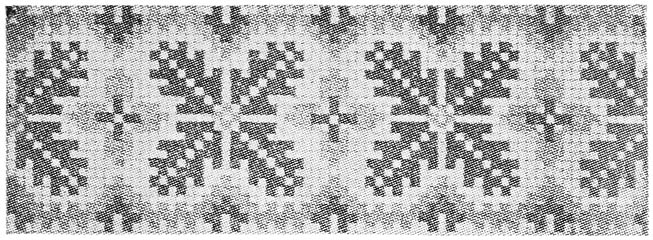
INTRODUCTION.
Nearly twenty years ago the translator of these poems was sent by the Presbyterian church as a medical missionary to a newly settled district in Manitoba. A very large proportion of the incoming settlers in this district were Ukrainians, indeed it was largely owing to the interest taken in these newcomers that the writer was sent there.
It was Mr. John Bodrug who first, introduced him to the study of the poems of Shevchenko and with his help translations of three or four of the poems were made a dozen years ago. Press of other work prevented the following up of this study till last summer when with the help of Mr. Sigmund Bychinsky translations were made of the other poems here given, and considerable time spent in arriving at an understanding of the spirit of the poems and the nature of the situations described. Then the more formidable task was approached of trying to carry over not only the thought but something [10]of the style, spirit and music of the original into the English tongue.
The spirit of Shevchenko was too independent to suffer him to be much bound by narrow rules of metre and rhyme. The translator has found the same attitude convenient, for when the versification may be varied as desired it is much easier to preserve the original thoughts intact.
The writer’s thanks are due for help and advice to Messrs. Arsenych, Woicenko, Rudachek, Ferley, Sluzar and Stechyshyn and especially to Mrs. Bychinsky and for help with the manuscript to Miss Sara Livingstone.
A. J. H.
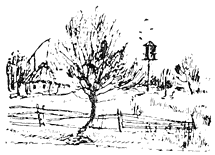
[11]
Who was Taras Shevchenko?
How many English-speaking people have heard of Taras Shevchenko?
What “Uncle Tom’s Cabin” did for the negroes of the United States of America the poems of Shevchenko did for the serfs of Russia. They aroused the conscience of the Russian people, and the persecutions suffered by the poet at the hands of the autocracy awakened their sympathy.
It was two days after the death of Shevchenko that the czar’s ukase appeared granting freedom to the serfs. Possibly the dying poet knew it was coming and died the happier on that account.
But in still another way does this man’s figure stand out. In the country called the Ukraine is a nation of between thirty and forty millions of people, having a language of their own—the language in which these poems were composed.
This has been, as it were, a nation lost, buried alive one might say, beneath the power of surrounding empires.
They have a terrible history of oppression, alternating with desperate revolts [12]against Polish and Muscovite tyranny.
In these poems speaks the struggling soul of a downtrodden people. To our western folk, reared in happier surroundings there is a bitter tang about some of them, somewhat like the taste of olives, to which one must grow accustomed. The Slavonic temperament, too, is given to melancholy and seems to dwell congenially in an atmosphere misty with tears. But he gravely misreads their literature who fails to perceive the grim resolve beneath the sorrow.
In the struggle of the Ukrainians for freedom the spirit of this poet, who was born a serf, remains ever their guiding star.
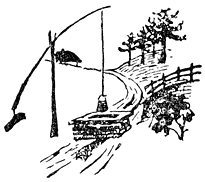
[13]


